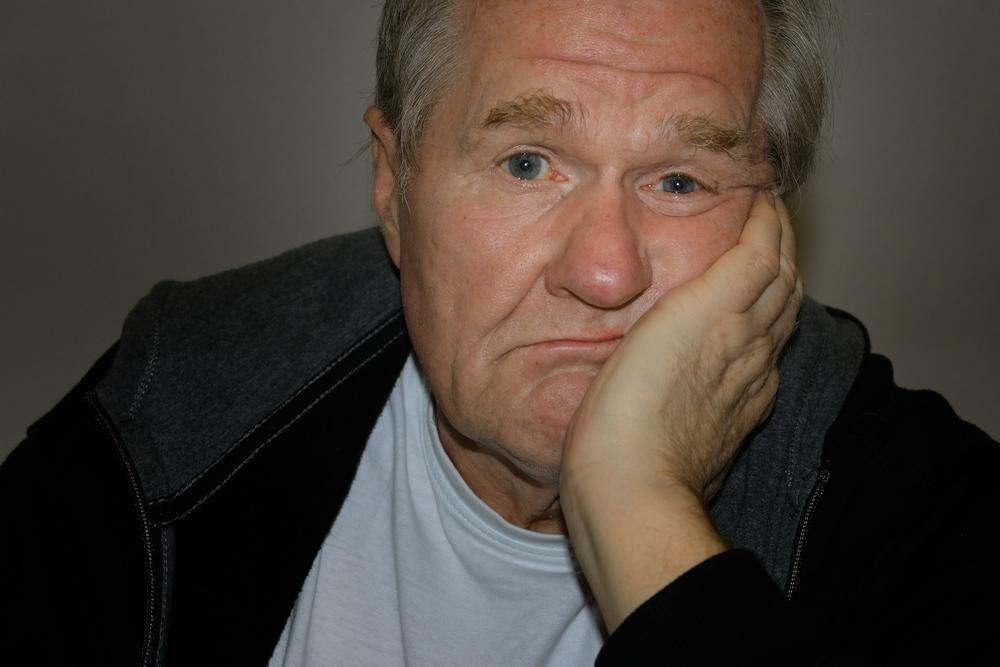
Caption
When thinking about the best plan for you or your family, mental health coverage is crucial to explore.
Credit: Pixabay
Open enrollment on the marketplace ends Jan. 15. Before you sign up you might want to review policies carefully, especially for mental health coverage. GPB’s Ellen Eldridge reports.

When thinking about the best plan for you or your family, mental health coverage is crucial to explore.
The deadline to apply for health insurance through the marketplaces created by the Affordable Care Act, also known as Obamacare, is fast approaching.
Georgians who don’t yet have a plan for insurance can sign up at Healthcare.gov by Jan. 15 to have coverage effective Feb. 1. After that, only people with qualifying life events will be allowed to change or start a new plan.
When thinking about the best plan for you or your family, mental health coverage is crucial to explore, said Brett Shrewsbury, the chief operating officer with Meru Health, a provider of online mental health services.
“The future well-being of our country depends on how we support and invest in the next generation.”
Before the COVID-19 pandemic, mental health challenges were the leading cause of disability and poor life outcomes in young people, with up to 1 in 5 children ages 3 to 17 in the U.S. having a mental, emotional, developmental or behavioral disorder.
U.S. Surgeon General Dr. Vivek Murthy earlier this month issued an advisory to highlight the urgent need to address the nation’s youth mental health crisis.
“The COVID-19 pandemic further altered their experiences at home, school, and in the community, and the effect on their mental health has been devastating,” Murthy said. “The future well-being of our country depends on how we support and invest in the next generation.”
That’s why Shrewsbury said everyone should evaluate a plan’s mental health coverage and provider availability before choosing insurance.
Meru Health works with insurance plans provided by employers as well as plans on the marketplace.
“What we're trying to do at Meru Health is come in and really disrupt not only how mental health is received and trying to make that more convenient and flexible, but also how our providers are delivering mental health care to make it more effective, but also easier for them,” Shrewsbury said.

A person walks into a mental health clinic.
The Mental Health Parity and Addiction Equity Act of 2008 prevents group health plans and health insurance issuers that provide mental health or substance use disorder benefits from imposing less favorable limitations on those benefits than on medical/surgical benefits.
But despite the federal law, treatment for anxiety, depression and substance use disorders aren’t always covered equally.
Laura Colbert, with Georgians for a Healthy Future, said one clue that parity is not working is how often behavioral health is not covered by Georgia insurance plans. She spoke about mental health parity earlier this year during a town hall meeting hosted by the Georgia Council on Substance Abuse.
"Georgia families are forced to navigate a really confusing insurance system in the middle of what might be a substance use crisis or a mental health crisis," Colbert said. "You may be denied coverage for substance use services because the insurance company says they're not 'medically necessary.'"
Even when coverage is available, people should be aware of how many providers are in the area, Shrewsbury said.
“We have a we have a really big mental health math problem where there's just not enough mental health providers to treat the rising demand,” Shrewsbury said.
The goal, he said, is to work with the health plans and employer groups to bulk up their provider network, scale that network and provide alternative options to care.
“Telehealth is a great technology because you could be in Atlanta, Georgia, talking to a therapist that may be in Augusta, Georgia, which is great, but that does not scale that provider,” Shrewsbury said. “Providers still can only see a limited amount of people via telehealth.”
State Rep. Erick Allen, who co-founded the General Assembly's working group on addiction and recovery, previously said parity is not a new issue in Georgia, but COVID-19 has shone a new light on the state’s challenges with delivering services.
Getting the legislative work done in the upcoming session is paramount, he said.
“There is not a more profound time,” Allen said. “We know that mental illness is real. We know that substance use disorders are real. But we also know that recovery is real.”
Shrewsbury thinks society is making strides in reducing the stigma of mental health needs.
“People are realizing, ‘Hey, it's OK that I need help and support because guess what? All of us are going to need help and support some time in our life,’” he said. “It just is what it is.”